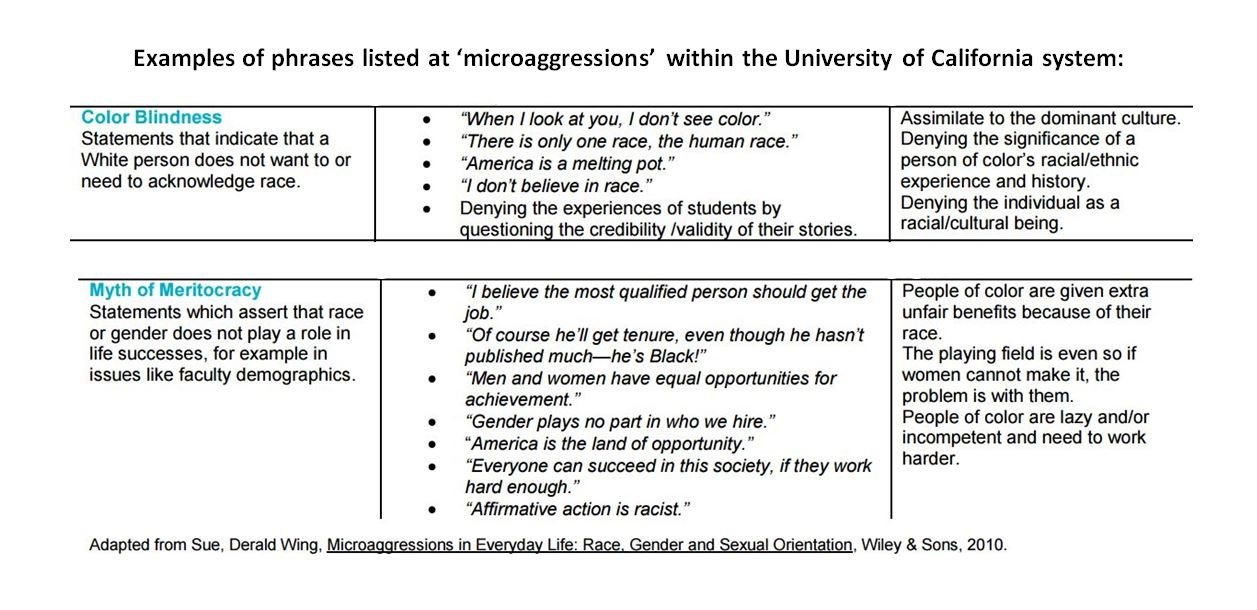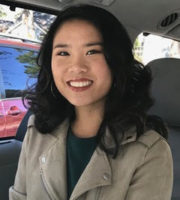
New program aims to prevent implicit bias in hiring process
San Diego State University has announced plans to train so-called Inclusion Representatives for faculty search committees in an effort to ensure those making hiring decisions at the school keep diversity and equity in mind throughout the process.
“IRs are non-voting members of search committees, from outside the searching department, who provide colleagues with information on equitable hiring practices and support in identifying and reducing the many ways that implicit biases can manifest in the hiring process,” Jennifer Imazeki, associate chief diversity officer for faculty and staff, told colleagues in a recent email.
The university’s Division of Diversity and Innovation’s Center for Inclusive Excellence will train and certify the Inclusion Representatives, who may serve on faculty search committees.
The diversity and inclusion monitors are expected to encourage their peers to “engage in self-reflection regarding potential biases that may compromise an objective assessment,” according to a three-page outline detailing more about the pilot program sent to faculty.
It adds monitors will be trained how to facilitate “potentially difficult dialogues with colleagues.”
The memo does not mention meritocracy as part of the hiring process.
A definition of “implicit bias” provided on SDSU’s website states that the term “refers to unconcious attitudes and stereotypes that are communicated without awareness. These messages can carry positive and negative connotations and are readily evidenced through microaggressions.”
One microaggression some faculty in California have been trained to avoid in recent years is the statement “I believe the most qualified person should get the job.”

As for the program at SDSU, the memo notes faculty search committee members should already know about implicit bias, that it is not the sole responsibility of the diversity and inclusion monitor to raise concerns, and that the committee “should work collectively to ensure diverse representation of applicants and equitable treatment of candidates throughout the search process.”
The public university will pay each Inclusion Representative $1,500 for each search on which they serve, the memo states. San Diego State officials will launch the training this spring, “and full integration of IRs in hiring processes” is slated for 2021, the memo states.
Distinguished Professor of Education Luke Wood, who also serves as SDSU’s associate vice president for faculty diversity and inclusion, told The College Fix via email the pilot program is entirely voluntary, however. And the memo states departments undergoing a hiring process must request an IR to join their committee.
Wood said the program is modeled after others in place at California universities.
“The inclusion representative program has been used at other campuses across the California State University system. The University Senate Diversity’s Committee recommended the program for use at San Diego State University,” Wood wrote. “It will begin as a pilot program during the upcoming Fall 2020 semester.”
To become a certified Inclusion Representative, applicants must complete two-hours of an implicit bias and microaggressions seminar, as well as attend two half-day trainings provided by the Division of Diversity and Innovation, the memo states.
According to Wood, the aim is to find “people who are well-versed in the value of diversity, equity, and inclusion; have strong interpersonal skills, and are collegial.”
“The goal is to support effective decision-making through search committees,” Wood said.
“The reason for the representative to be outside of the college or searching department,” Wood wrote, “is to avoid a conflict of interest.”
MORE: UC Santa Cruz tosses qualified candidates in first stage of hiring: not diverse enough
Shutterstock / El Nariz





Please join the conversation about our stories on Facebook, Twitter, Instagram, Reddit, MeWe, Rumble, Gab, Minds and Gettr.